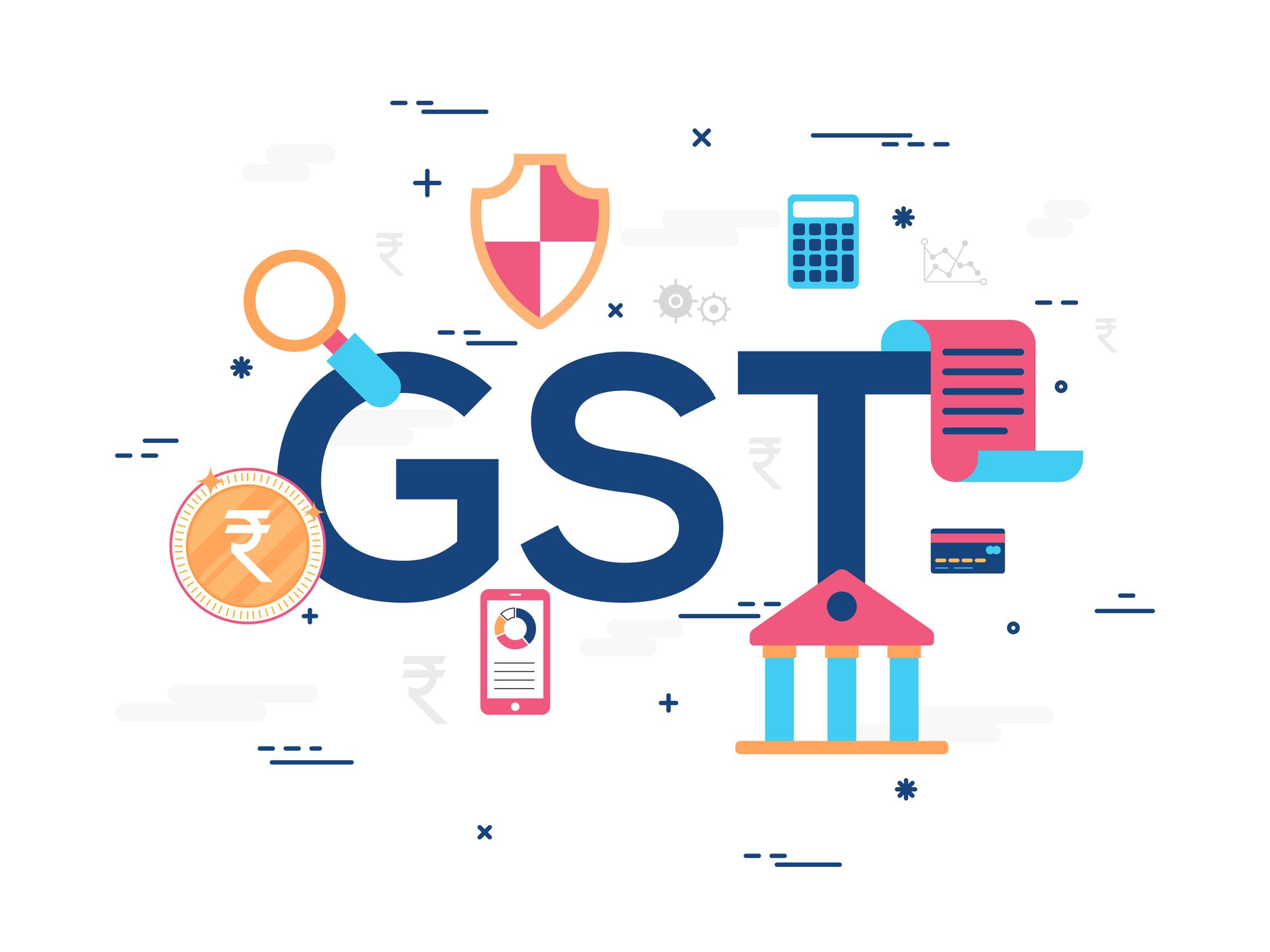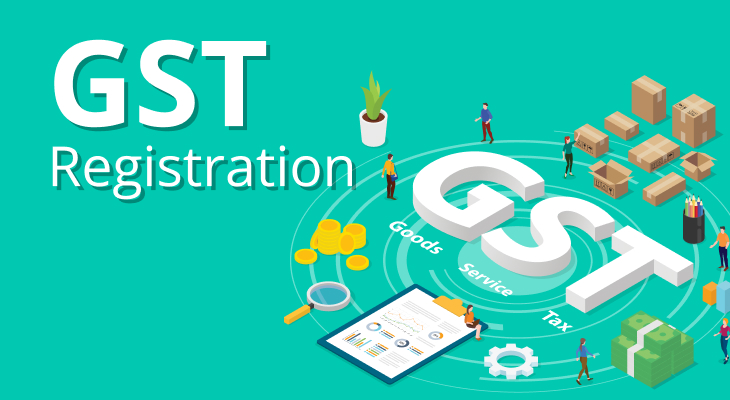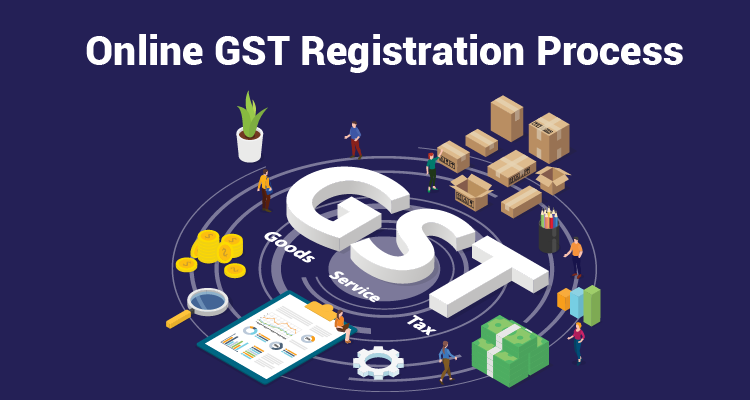Browsing the Complexities of GST Enrollment: Expert Tips and Best Practices for Smoother Compliance
From understanding enrollment needs to utilizing technological tools for streamlined procedures, the journey towards smoother GST conformity is multifaceted and nuanced. Stay tuned to uncover essential strategies and insights that can aid services guide via the intricacies of GST enrollment with finesse and confidence.
Understanding GST Enrollment Requirements

Along with turn over limits, organizations participating in interstate sales or supplying taxable services may also be required to sign up for GST, also if their turnover is listed below the prescribed restriction (Singapore GST Registration). Recognizing these limits and requirements is vital to stay clear of penalties and ensure smooth procedures within the legal structure
Furthermore, businesses should collect and prepare the required documents, such as evidence of identification, address, business consolidation, and financial institution account details, prior to launching the GST registration process. Stopping working to provide precise details or meet the registration deadlines can result in fines or various other lawful consequences. As a result, services need to stay informed regarding the specific GST registration requirements appropriate to their operations to keep compliance and avoid potential problems.
Organizing Necessary Paperwork
Businesses beginning on the GST enrollment process should carefully put together and arrange the vital paperwork required for submission. The crucial documents commonly needed for GST enrollment include proof of business registration or incorporation, address and identification proofs of the business proprietors or companions, savings account details, proof of principal workplace, and consent forms. Guaranteeing that these papers are easily offered and organized can enhance the registration process and avoid hold-ups or beings rejected.
To successfully organize vital documents, companies need to produce a central system for saving and classifying the called for paperwork (Singapore GST Registration). Using electronic storage space solutions can assist preserve simple access and guarantee that files are safely saved. Additionally, developing a checklist of all needed records can function as a valuable tool to track what has actually been gathered and what is still needed for entry

Leveraging Technology for Efficiency
Enhancing functional efficiency via technical assimilation is extremely important for contemporary companies browsing the intricacies of GST registration. One of the essential methods modern technology can help in GST registration is through the usage of automated software program options.
In addition, innovation can facilitate seamless interaction with tax obligation authorities. On the internet portals and communication tools make it possible for businesses to send records, solve queries, and get updates in an extra efficient way. This not just expedites the enrollment procedure yet likewise aids in maintaining reliable and transparent site communication with the pertinent authorities.
In addition, cloud-based storage remedies provide a secure system for companies to shop and access their economic information, ensuring conformity with GST record-keeping needs. By systematizing information storage and automating procedures, companies can boost their total performance and accuracy in GST enrollment procedures.
Proactive Conformity Monitoring

To make certain reliable proactive conformity tracking, businesses ought to develop durable interior controls, conduct regular audits, and leverage automation tools for real-time tracking of GST purchases. Normal training sessions for employees on GST conformity demands can additionally help in producing a society of compliance within the organization. Furthermore, involving with tax experts or professionals can give useful understandings and advice on navigating complex GST laws.
Involving With Expert Specialists
Engaging seasoned tax obligation consultants can substantially bolster a firm's understanding and compliance with elaborate GST laws. Expert consultants bring a riches of expertise and experience to the table, helping services browse the intricacies of GST enrollment effortlessly. By leveraging their expertise, firms can make sure precise filings, reduce the danger of mistakes, and remain up-to-date with the current regulatory changes.
When involving with specialist consultants, it is necessary to pick experts with a strong performance history in GST compliance (Singapore GST Registration). Seek specialists that have a the original source deep understanding of the appropriate laws and guidelines, along with experience collaborating with businesses in your industry. Effective communication is type in this partnership, so redirected here see to it to plainly specify your assumptions and develop normal touchpoints to go over development and resolve any type of problems
Moreover, specialist professionals can supply valuable insights and guidance on enhancing your tax obligation method, determining possible cost-saving chances, and enhancing your compliance processes. On the whole, purchasing expert consultancy services can go a long means in guaranteeing smoother GST compliance and staying clear of costly errors.
Final Thought
To conclude, navigating the intricacies of GST registration needs a detailed understanding of the demands, company of necessary documents, leveraging technology for efficiency, positive compliance surveillance, and engagement with professional professionals. By complying with these finest methods, services can make sure smoother compliance with GST laws and stay clear of prospective penalties or fines. It is important to stay notified, proactive, and diligent in taking care of GST registration to preserve conformity and promote monetary integrity.
To ensure compliance with tax obligation regulations, organizations must thoroughly recognize the elaborate needs for GST registration. Goods and Provider Tax Obligation (GST) is a value-added tax imposed on many products and solutions in a country, making it critical for businesses to register for GST to prevent lawful consequences.Additionally, companies need to gather and prepare the required paperwork, such as proof of identification, address, business consolidation, and financial institution account details, before starting the GST registration procedure. Organizations need to remain informed about the certain GST registration needs appropriate to their operations to keep compliance and prevent potential concerns.
The vital files usually needed for GST registration include evidence of business registration or identification, address and incorporation proofs of the organization proprietors or companions, bank account details, proof of major place of service, and consent types.